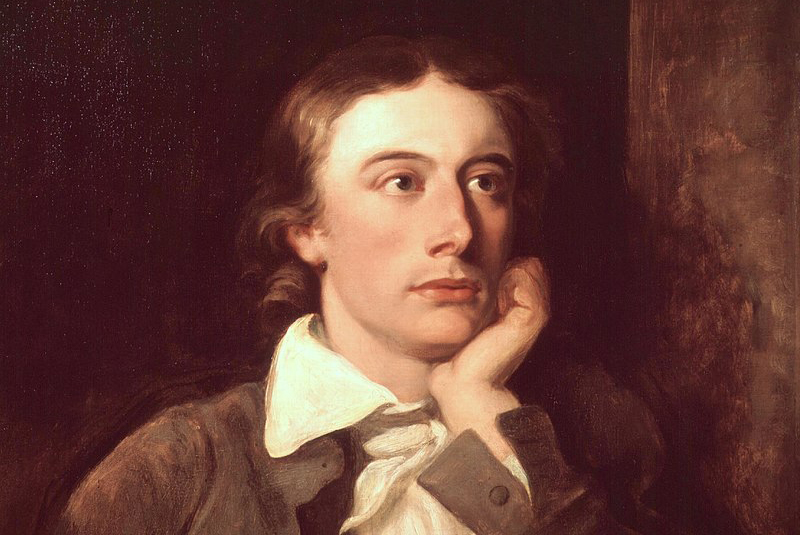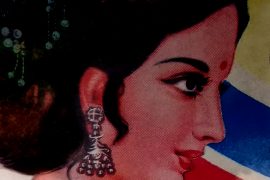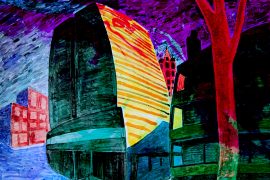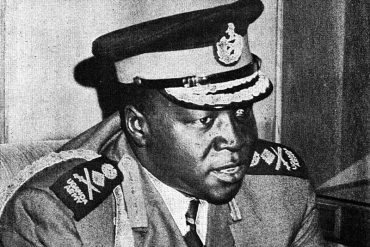John Keats lived for just 25 years — and, yet, his literary reams of gold have left their imprint on the sands of time. As Percy Bysshe Shelley, another great poet, wrote, “He (Keats) has outsoar’d the shadow of our night;/Envy and calumny and hate and pain,/ And that unrest which men miscall delight,/Can touch him not and torture not again.” A celebrated tribute, Shelley’s encomium also implied that Keats was unique and different from his contemporaries.
Keats was a Romantic poet. His literary flourish had Miltonian and Spenserian elements. He was a ‘Greek’ too; his genius secure in the principle of exquisite beauty. Ornate and full of life, Keats’ poetry expressed nature, its objectivity, subjective and mystical allegory, or verdant consciousness with Shakespearean resplendence. Although his life as a poet was far too short—a meagre three-plus years—Keats’ prodigious output is enough grist to knock the daylights out of what we call as fuzzy logic, where machines can write interesting novels, screenplay and also poetry, in a selected style.
Keats (1795-1821) was a multi-sided craftsman untouched by the standard political questions of his time. A relentless experimenter, with a ken for moral, spiritual, emotional and soulful sensitivities, Keats took the sonnet, epic, narrative, and the ode, for the higher purposes of one’s literary existence. Everything, aside from his own perception of poetry, was fume for Keats. For a qualified surgeon, Keats could have also delighted in handling the scalpel, with the natural finesse of a poet. But, destiny was manifest when he gave up surgery in favour of his first love—poetry.
When Keats’ first sonnet, O Solitude, appeared in the Examiner, in 1816, the periodical’s editor, Leigh Hunt not only announced Keats’ literary merits, with much fanfare, but he also became the poet’s avid fan. Keats’ first major literary work, Poems, published the following year, was celebrated by his friends, albeit the effort was not a commercial success. More to the point, the legendary William Wordsworth, for one, to whom Keats sent an inscribed copy, did not flip through the pages. Yet another bemoaning thing was critical snobbery and gross indifference; it had had a ‘spilling’ influence on Keats’ literary endeavours for Endymion (1818).
-30-
Copyright©Madras Courier, All Rights Reserved. You may share using our article tools. Please don't cut articles from madrascourier.com and redistribute by email, post to the web, mobile phone or social media.Please send in your feed back and comments to editor@madrascourier.com











